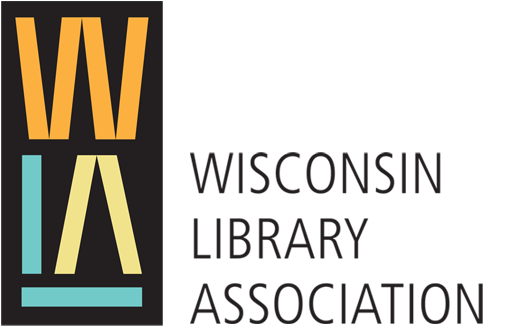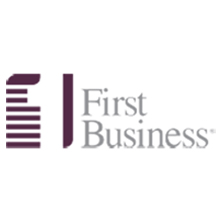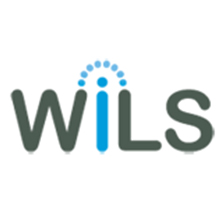- HOME
- JOIN
- ABOUT US
- PROGRAMS/EVENTS
- ADVOCACY
- AWARDS
- UNITS
- Divisions
- Sections
- Roundtables
- Special Interest Groups
- Committees
- FOR MEMBERS
- FOUNDATION
September 23, 2020Include Public Libraries in Legislation Addressing the Digital DivideYour help is needed to make sure public libraries are included in legislation that addresses the digital divide. Your voice and story are essential to remind Congress that libraries are a critical safety net for people who do not have internet access at home. You may be planning on contacting your Senators on other issues at this time so please also take the time to tell your Senators that they should take immediate action to close the digital divide and that libraries are critical partners in providing internet access. Click here to send ALA's ready-made email to your Senators. Funding for broadband and stabilization to libraries in a COVID relief package is in jeopardy. Last week, Senate leadership failed to pass a COVID relief package after weeks of negotiations, leaving it uncertain whether there will be additional broadband funding available for libraries. Congress has indicated it is not convinced emergency funding for internet access is necessary. Libraries tell us otherwise. ALA is supporting several broadband bills that call for Wi-Fi funding, including:
Unless you tell them, your Senators won't know how libraries are making sure people can work from home, apply for jobs, meet with healthcare providers, and so much more! Thank you for your persistence in communicating that message.
Click here to send ALA's ready-made email to your Senators
Apply Now: Libraries Transforming Communities: Focus on Small and Rural LibrariesThe American Library Association (ALA) has announced plans to award nearly $2 million to small and rural libraries in 2020 and 2021 to help them address issues of concern in their communities.
Through Libraries Transforming Communities: Focus on Small and Rural Libraries, up to 650 U.S. libraries in small and rural communities will receive $3,000 to tackle issues ranging from media literacy to COVID-19 safety to unemployment. Library workers may apply online for grant funding from September 21 to December 2, 2020, at ala.org/LTC. Up to 650 grants will be distributed over two funding rounds. The opportunity is open to libraries serving small and/or rural communities in the U.S. and U.S. territories. The Institute for Museum and Library Services (IMLS) defines small communities as those with a legal service area population of 25,000 or less and rural communities as those more than, or equal to, five miles from an urbanized area. Read the full project guidelines. Libraries Transforming Communities: Focus on Small and Rural Libraries is offered in partnership with the Association for Rural & Small Libraries (ARSL). The initiative is supported by a private donor and the Institute of Museum and Library Services (IMLS). Apply for grant |





